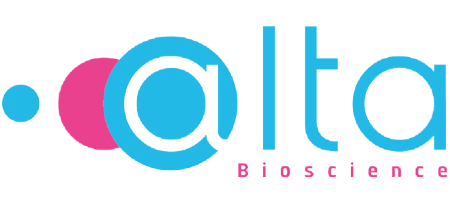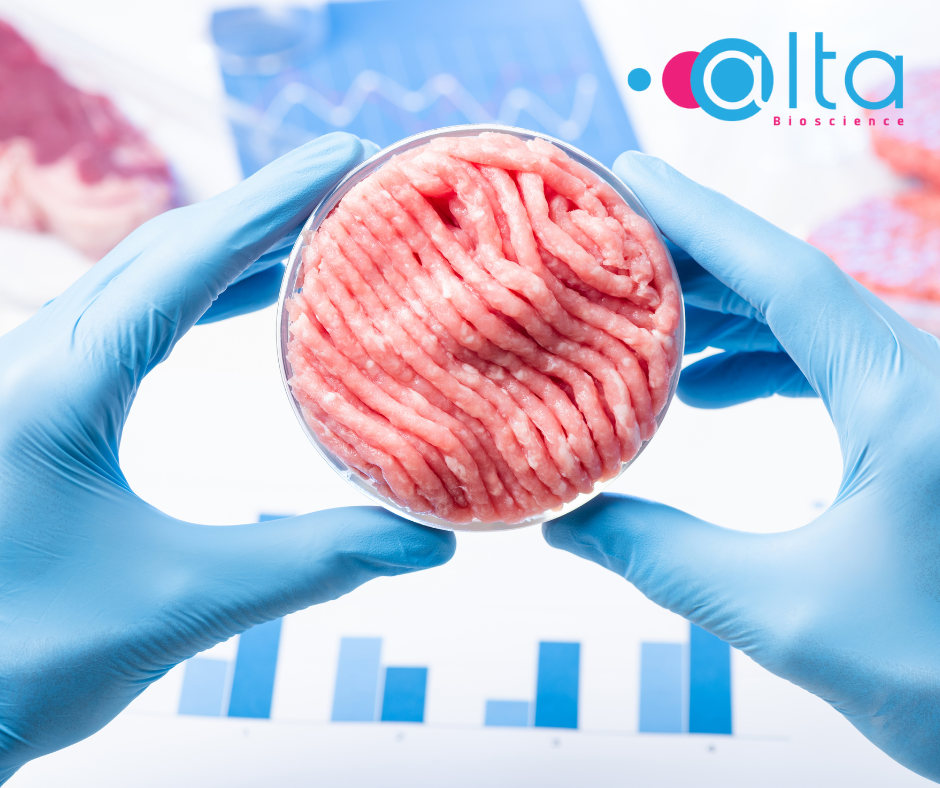
The Role of Amino Acid Analysis in Cultured Meat Production
Amino acid analysis serves as a vital tool in advancing the cultured meat and cellular agriculture industry. Read more in this article.
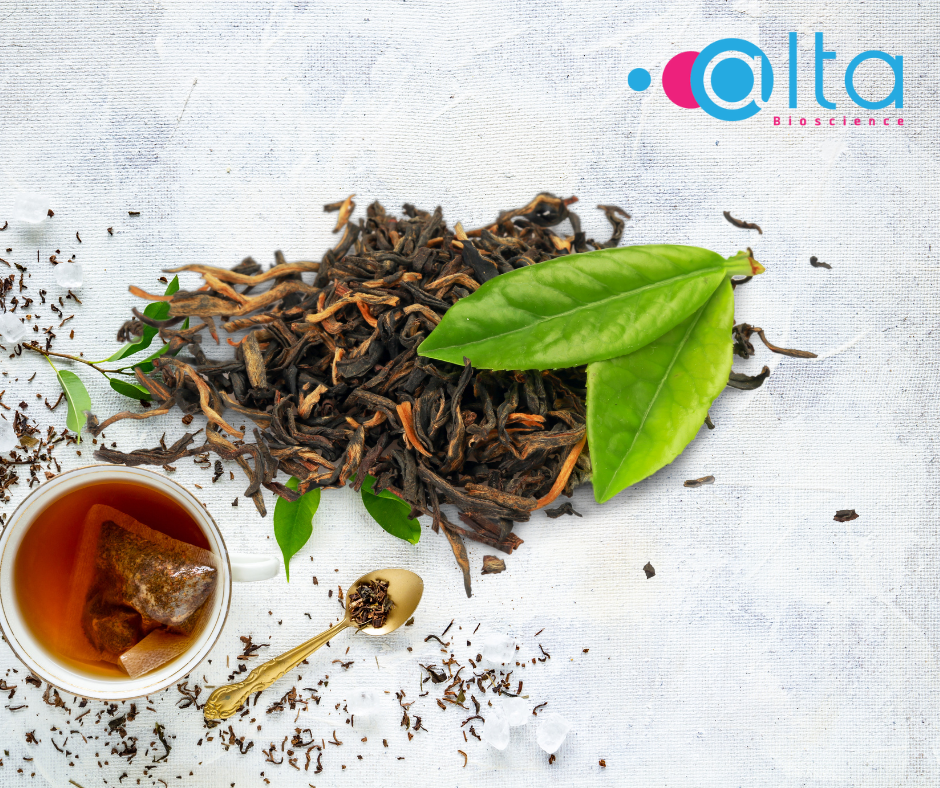
Assessing Tea Quality Through Theanine Analysis
In this article we look at the health benefits of tea and theanine, and its use in functional foods. Also, discover why theanine analysis is important when assessing the quality of tea and developing new drinks and food products.
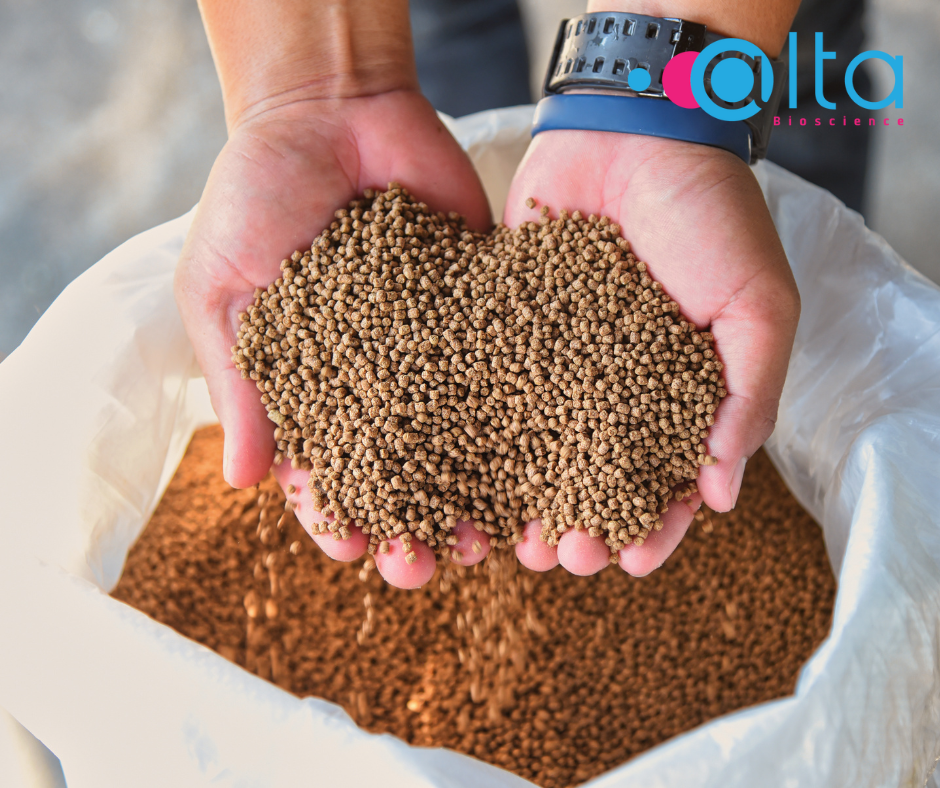
Lysine Analysis of Animal Feed
We explore the importance of lysine in diets for the health and performance of animals. We also look at why the quantification of lysine with amino acid analysis can help feed manufacturers develop feed ingredients that are not only optimal for livestock but also kinder to the environment.
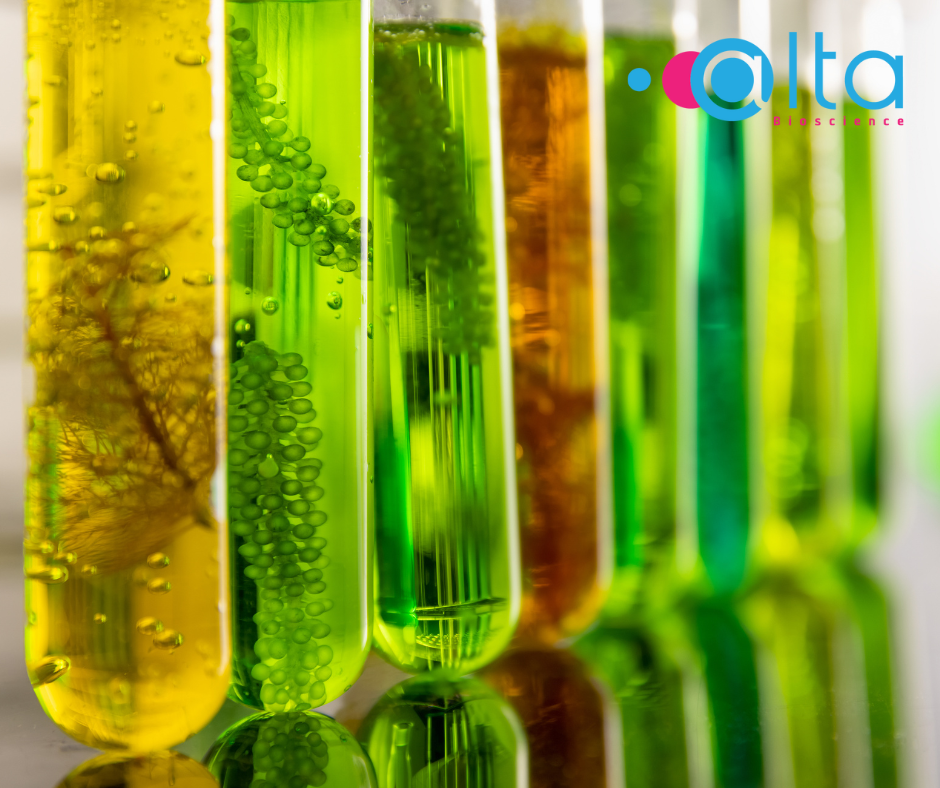
Four Alternative Protein Sources for Animal Feed
Discover the latest trends in alternative protein sources and the role of amino acid analysis when developing new feed ingredients.
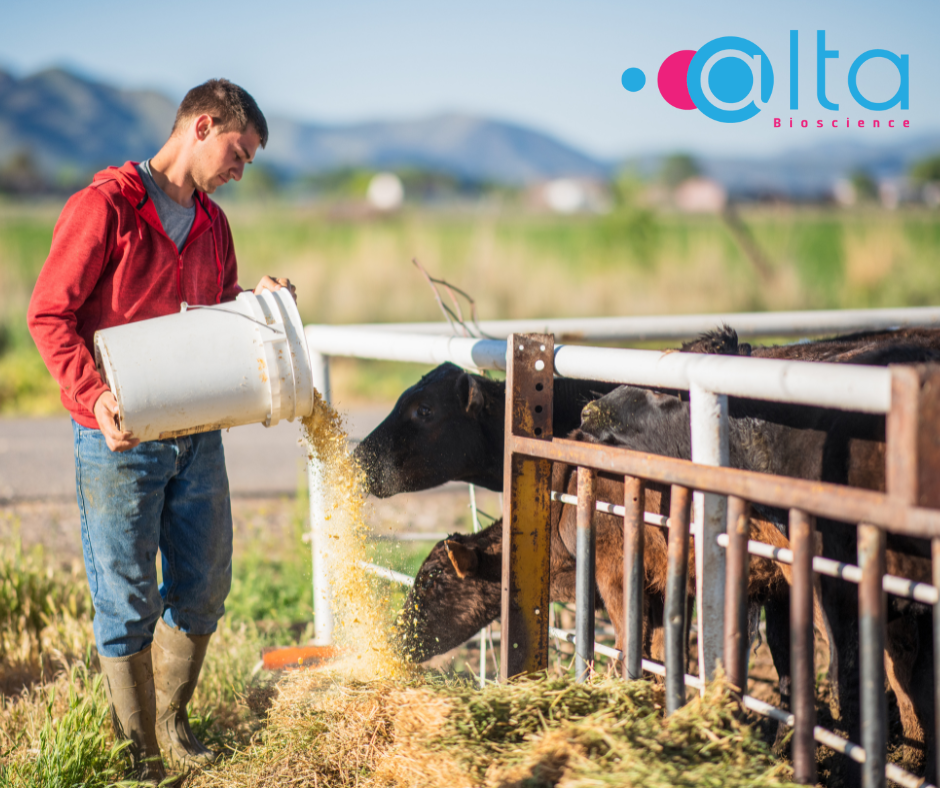
Amino Acid Analysis of Feed Products for Optimal Animal Nutrition
Amino acid analysis can help feed manufacturers develop cost-effective, nutritionally complete and consistent solutions for optimal animal nutrition.
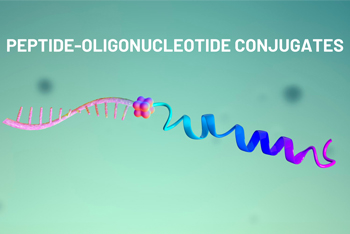
High-quality Peptide-Oligonucleotide Conjugates for Life Science research
We are pleased to provide custom production of peptide-oligonucleotide conjugates (POCs) with industry-leading turnaround times.
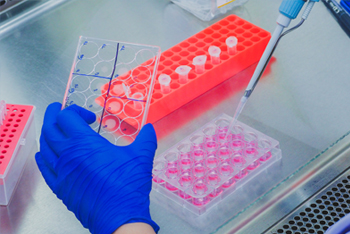
Cell Culture Media Analysis
Cell culture is an important tool in cellular and molecular biology, as it can be used to study the behaviour of specific cell types in a controlled environment for drug screening and development, and disease modelling.
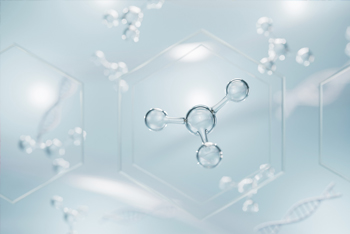
Hydroxyproline Analysis
Our method of post-column detection quantifies hydroxyproline content without interference from the sample matrix.
Polyclonal antibody generation
The standard inoculation procedure for a polyclonal antibody in a rabbit involves six immunisations at two-week intervals and three bleeds (with an additional pre-immune bleed). Read more about the generation process.
Monoclonal antibody generation
Our monoclonal process is identified by five phases. A typical monoclonal antibody project may yield up to 10 positive wells at the fusion screening stage and, after cloning, can deliver two or three stable monoclonal antibodies. Read more about the process and project steps.
